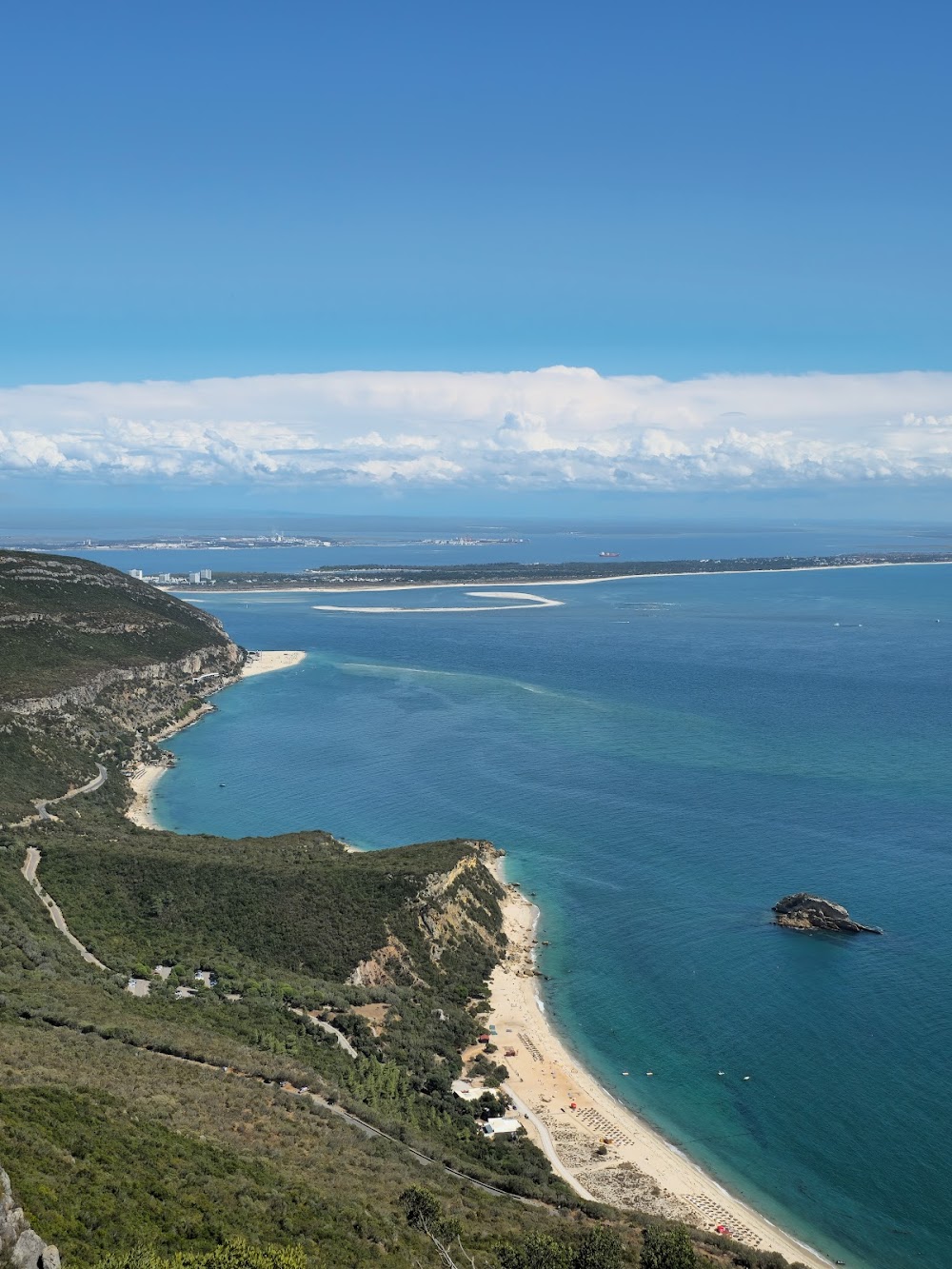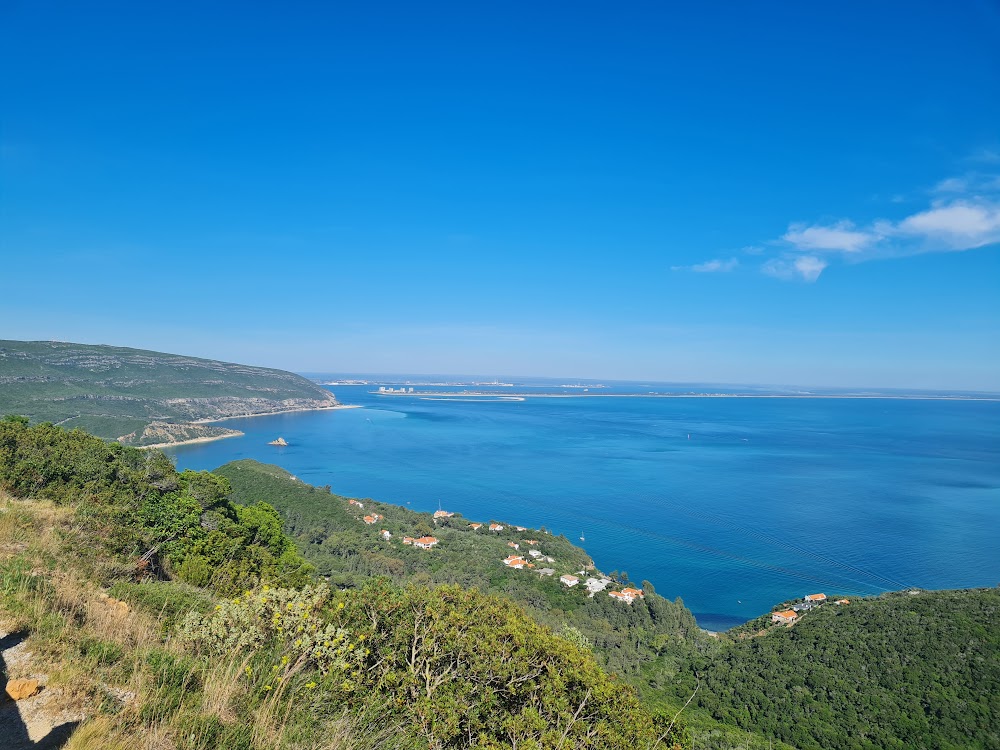Arrábida Natural Park (Parque Natural da Arrábida)
Overview
Overview of Arrábida Natural Park
Parque Natural da Arrábida, or Arrábida Natural Park, is a breathtaking protected area situated in the Setúbal region of Portugal. Covering over 17,000 hectares, this enchanting park features a distinctive blend of Mediterranean and Atlantic landscapes. Visitors can expect lush greenery, pristine beaches, and a rich diversity of wildlife. Established in 1976, the park aims to preserve its extraordinary natural features and the vibrant biodiversity that thrives within.
Geological Wonders
The story of Arrábida Natural Park is rooted in its unique geography. The Arrábida mountains, which dominate the landscape, were formed millions of years ago during the Mesozoic era. Over time, geological processes sculpted these limestone ridges, giving rise to dramatic cliffs and hidden grottos along the coastline. The region's mild Mediterranean climate fosters the growth of dense maquis shrubland, pine forests, and rare plant species, some of which are endemic to this beautiful area.
Human History and Conservation Efforts
Human activity in Arrábida dates back to prehistoric times, with archaeological sites and ancient limestone quarries scattered throughout the park. However, it was the rapid industrialization and urban expansion in Setúbal and neighboring cities during the 20th century that highlighted the urgent need to protect the area's natural beauty. In response, environmentalists and local authorities took action, leading to the designation of Arrábida as a natural park under Portuguese law in 1976. This pivotal moment aimed to conserve the unique habitats, landscapes, and cultural heritage of the region.
Sustainable Practices and Cultural Heritage
Since its establishment, the park's administration has worked diligently to maintain and enhance its natural and cultural treasures. One notable initiative is the revitalization of traditional vineyards on Arrábida’s slopes. Once abandoned, these vineyards have been brought back to life through sustainable farming practices, preserving the cultural heritage of winemaking while promoting biodiversity by maintaining landscapes that support various plant and animal species.
Research and Education
Arrábida Natural Park also emphasizes research and environmental education. Numerous scientific studies are conducted within the park to deepen our understanding of its ecology. Additionally, educational programs and guided tours raise awareness among visitors about the importance of conservation, ensuring that both locals and tourists appreciate the park's natural wonders responsibly and sustainably.
Outdoor Adventures
For outdoor enthusiasts, Arrábida Natural Park is a true paradise. It offers a variety of hiking trails that cater to all skill levels, allowing visitors to explore its rugged terrain, lush forests, and stunning coastline. One popular route is the Serra do Risco path, leading to the highest cliffs on mainland Portugal, where hikers are rewarded with breathtaking views of the Atlantic Ocean. The park's pristine beaches, such as Praia dos Coelhos and Praia de Galápos, provide idyllic spots for swimming, snorkeling, and sunbathing.
Marine Richness
The park’s marine reserve, known as the Arrábida-Espichel Marine Protected Area, adds another layer of ecological richness. Home to dolphins, sea turtles, and a myriad of fish species, this underwater paradise attracts diving enthusiasts eager to explore its vibrant marine life and the remnants of historic shipwrecks.
Collaborative Conservation
The success of Arrábida Natural Park in conservation efforts is a testament to the collaboration between government bodies, non-profit organizations, and local communities. Their dedication ensures that this natural gem remains protected for future generations. The park's administration continues to implement sustainable practices and engage in active stewardship to balance human activity with ecological preservation.
Conclusion
In summary, Parque Natural da Arrábida exemplifies how natural beauty, cultural heritage, and biodiversity can be preserved through collective efforts and effective management. From its geological origins to its establishment as a protected area, Arrábida stands as a precious natural sanctuary in Setúbal, Portugal. Visitors are warmly invited to explore and enjoy its splendor while contributing to its ongoing protection.






